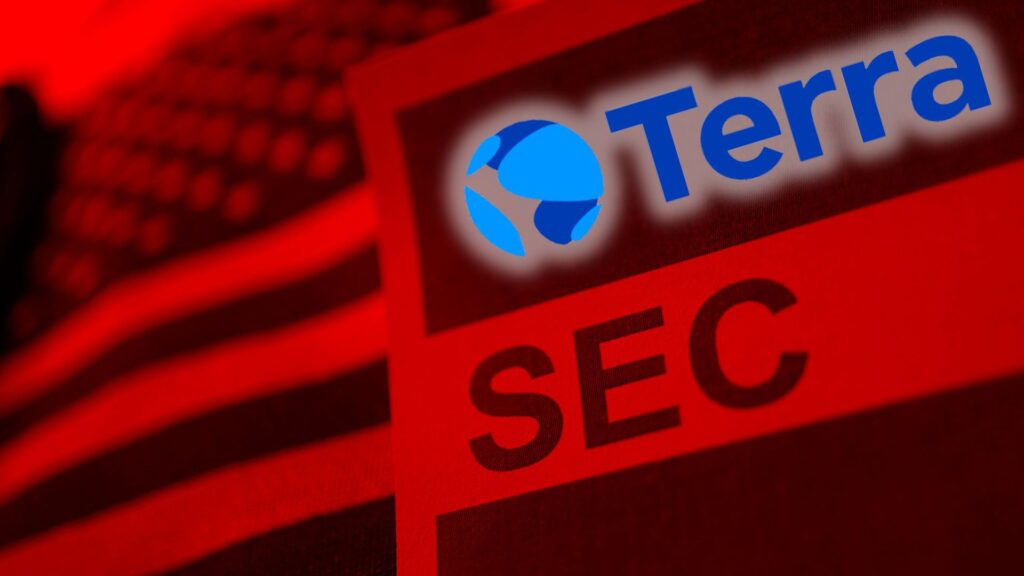
The crypto industry was dealt a significant setback when U.S. District Judge Jed Rakoff, in a decision brimming with implications, rejected a plea from Terraform Labs to dismiss the securities fraud lawsuit lodged by the Securities and Exchange Commission (SEC). The denial allows the SEC’s lawsuit against Terraform Labs and its founder Do Kwon to progress, batting aside defensive maneuvers arguing lack of agency jurisdiction and the contention that Terraform’s TerraUSD stablecoin did not represent an unregistered security.
Significantly, Rakoff refused to extrapolate the logic of a preceding court decision in favor of Ripple Labs to the Terraform situation.
In the Ripple case, another judge determined that the sale of Ripple’s XRP tokens to retail investors didn’t infringe securities laws due to purchases occurring on secondary markets. However, Rakoff vehemently rebutted this “distinction between purchasers” as irrelevant under the legal Howey test that discerns whether crypto assets are securities.
The Power and Peril of the Howey Test
Rakoff’s stance carries a potent message: “Howey makes no such distinction between purchasers, and it makes good sense that it did not.” The lack of any tangible delineation based on the method of sale became the key theme of his argument. Rakoff criticized Terraform Labs’ actions as audacious and sweeping.
In the ruling, he wrote: “The defendants embarked on a public campaign to encourage both retail and institutional investors to buy their crypto assets by touting the profitability of the crypto assets and the managerial and technical skills that would allow the defendants to maximize returns on the investors’ coins.” He went on to argue that secondary-market purchasers were as equally liable to believe that their capital would be used to generate profits on their behalf.
SEC Aims to Appeal Ripple Ruling
Adding a new twist to the tale, the SEC late Friday unveiled documents hinting at the possibility of appealing the Ripple ruling, labeling it flawed. This came to light in their lawsuit against Terraform Labs and CEO Do Kwon. The agency regards Judge Rakoff’s comprehensive 50-page opinion as a substantial triumph in its endeavor to enhance enforcement actions against crypto organizations suspected of unlawful token sales.
Rakoff opined that the downfall of TerraUSD, which deviated from its dollar peg and plummeted in value last year, erasing $40 billion, lent credibility to the idea that the token was a security that necessitated registration.
Challenging the Major Questions Doctrine
The judge further dismissed Terraform’s defense that the SEC lacked the power to regulate stablecoins without explicit Congressional consent, asserting that crypto is significant enough to be subject to the “Major Questions Doctrine”. This doctrine acts as a check against agency overreach into major political issues. However, Rakoff ruled that it doesn’t apply to the crypto asset markets.
The judge stated, “The crypto-currency industry, though certainly important, falls far short of being a ‘portion of the American economy’ bearing ‘vast economic and political significance'”. He used the example of industries like energy and tobacco to explain those carrying special protection.
Proceeding to the Discovery Phase
On charges of fraud, Rakoff agreed that the SEC provided ample evidence that Terraform and Kwon “had a motive to mislead investors about the utility of their crypto-assets” and allegations of falsified adoption data. Similarly, on the securities registration front, he ruled that the SEC “pled sufficient facts” to convincingly allege that Terraform unlawfully offered and sold unregistered securities. The SEC contends that the UST token and related protocol functioned as an unregistered investment security.
According to SEC Chair Gary Gensler, “Crypto lending platforms and other intermediaries need to comply with our time-tested securities laws,” He asserted that adherence to these laws is non-negotiable, and it’s what best protects investors and fosters market trust.
The lawsuit is now progressing to the discovery phase unless dismissed on appeal or settled. The SEC is seeking to recover improperly acquired investor funds in addition to civil penalties.
In the grand spectacle of this regulatory dance, let us remember one thing: the principles of freedom, decentralization, and individual sovereignty that birthed the crypto revolution. This is not a call for lawlessness, but a plea for judiciousness in law application, remembering that innovation should never be stifled by the iron fist of regulation. Embrace the challenge. Let the spirit of autonomy and self-determination prevail.
Sources
All the information and arguments used in this article have been derived from the following sources:




